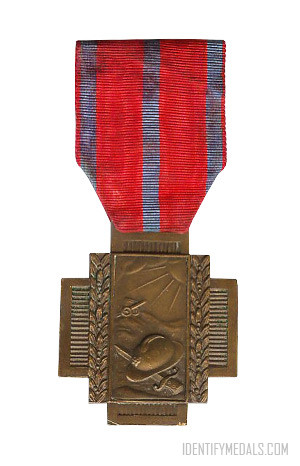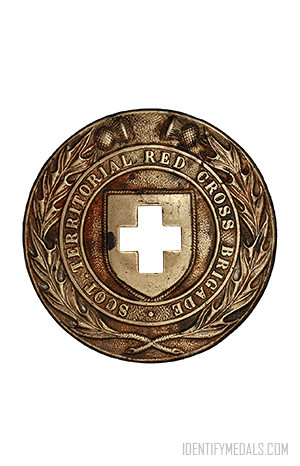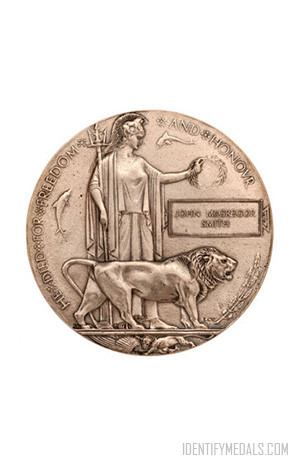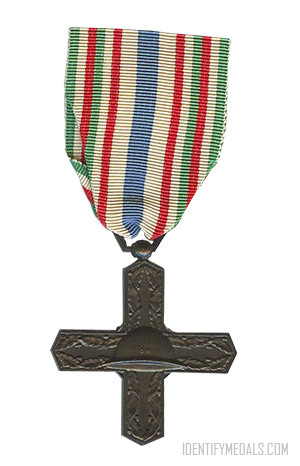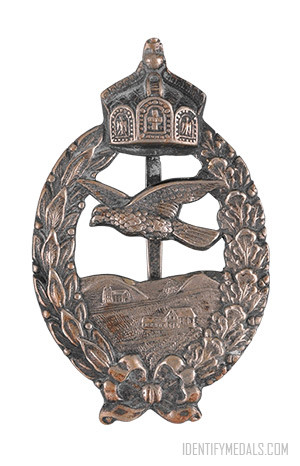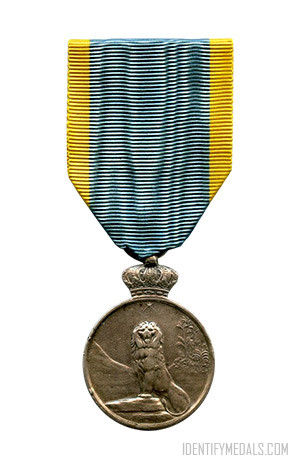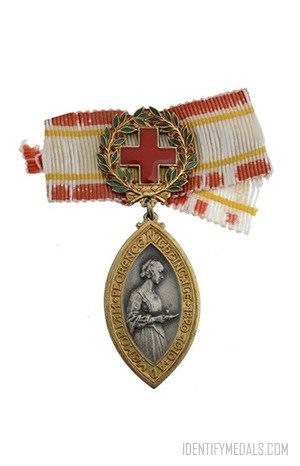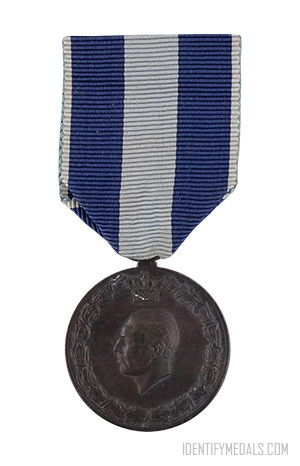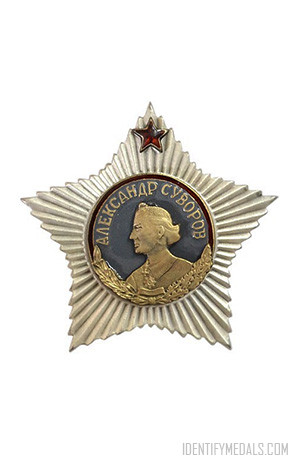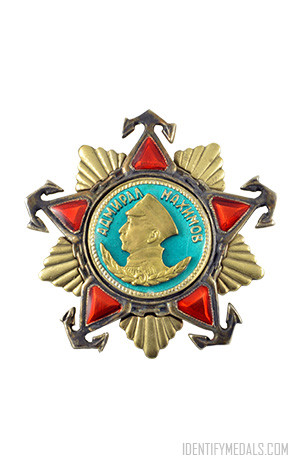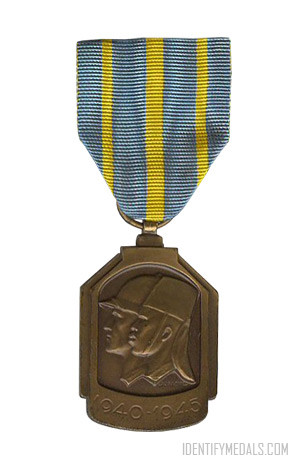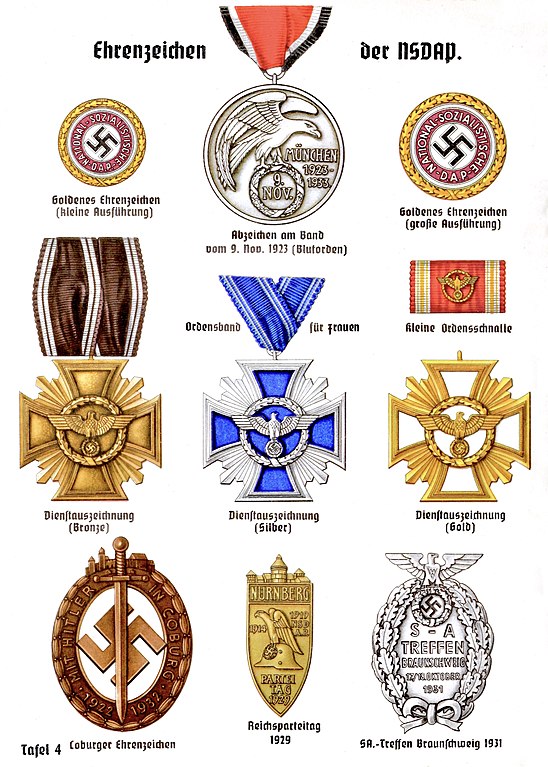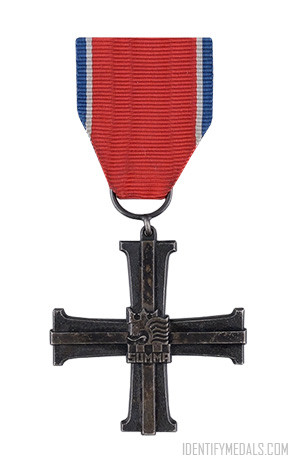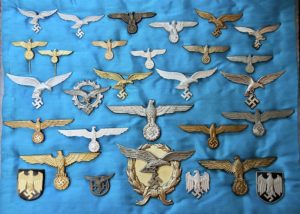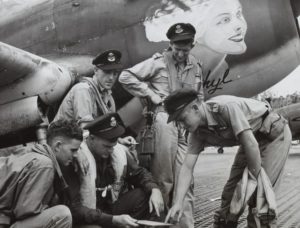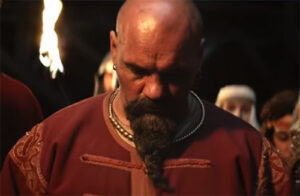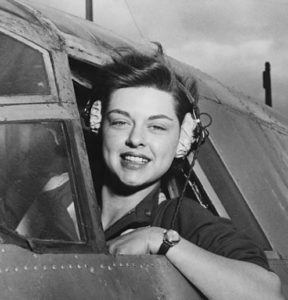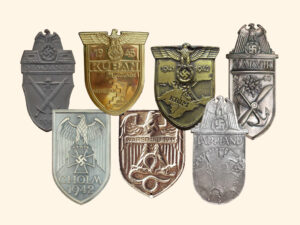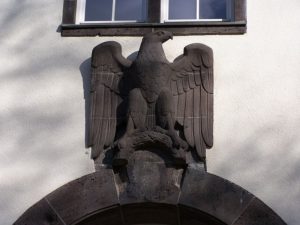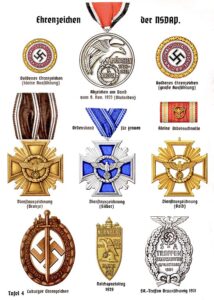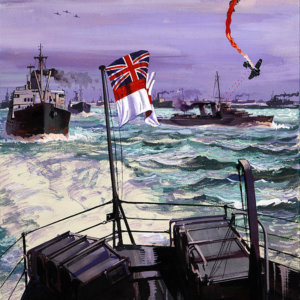- Time Period: The Great War
- Institution: 6 February 1934
- Country: Belgium
The Fire Cross 1914-1918 (Croix du Feu 1914–1918 / Vuurkruis 1914–1918) was a Belgian military decoration established by royal decree on 6 February 1934 and awarded to all holders of the so-called “Fire Card” which was given to all who came under fire at the front during the First World War.
The Fire Cross could not be awarded posthumously.
The Fire Cross 1914-1918 Design
The medal is a 44 mm wide by 54 mm high bronze cross quadrate. Except for a 3 mm wide plain border, the cross arms were striated, horizontally for the lateral arms and vertically for the vertical arms on both the obverse and reverse.
The central rectangle bore on its obverse, 5mm wide vertical laurel branches on either side, at the center, the relief image of a deserted battlefield with at the forefront, the relief image of a World War 1 Belgian helmet over a bayonet, farther and on a slight elevation at left, a 75 mm howitzer, at upper right, the Sun breaking through clouds.
On its reverse, a large laurel branch extending diagonally from bottom left to top right and bisected by the relief inscription on two lines in Latin “SALUS PATRIAE SUPREMA LEX“, translated to “THE NATION’S SALVATION IS OUR HIGHEST DUTY“. In the top left corner, a royal crown from which seven relief rays extend downwards, at bottom right, the relief years on two rows “1914” and “1918”, at the bottom left just below the laurel branch’s stem, the name of the designer of the award, “A. Rombaut”.
The ribbon measures 36mm wide and is red silk moiré, with three 4 mm wide longitudinal blue stripes, one at the centre, the other two on either side 1 mm from the ribbon’s edges.

